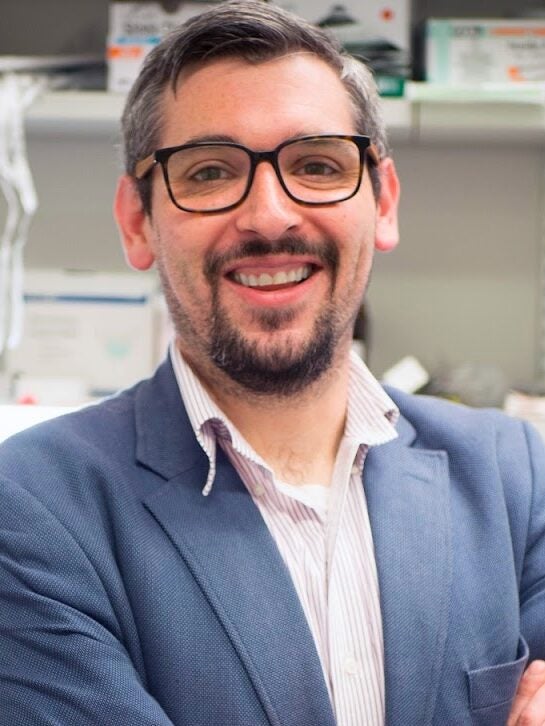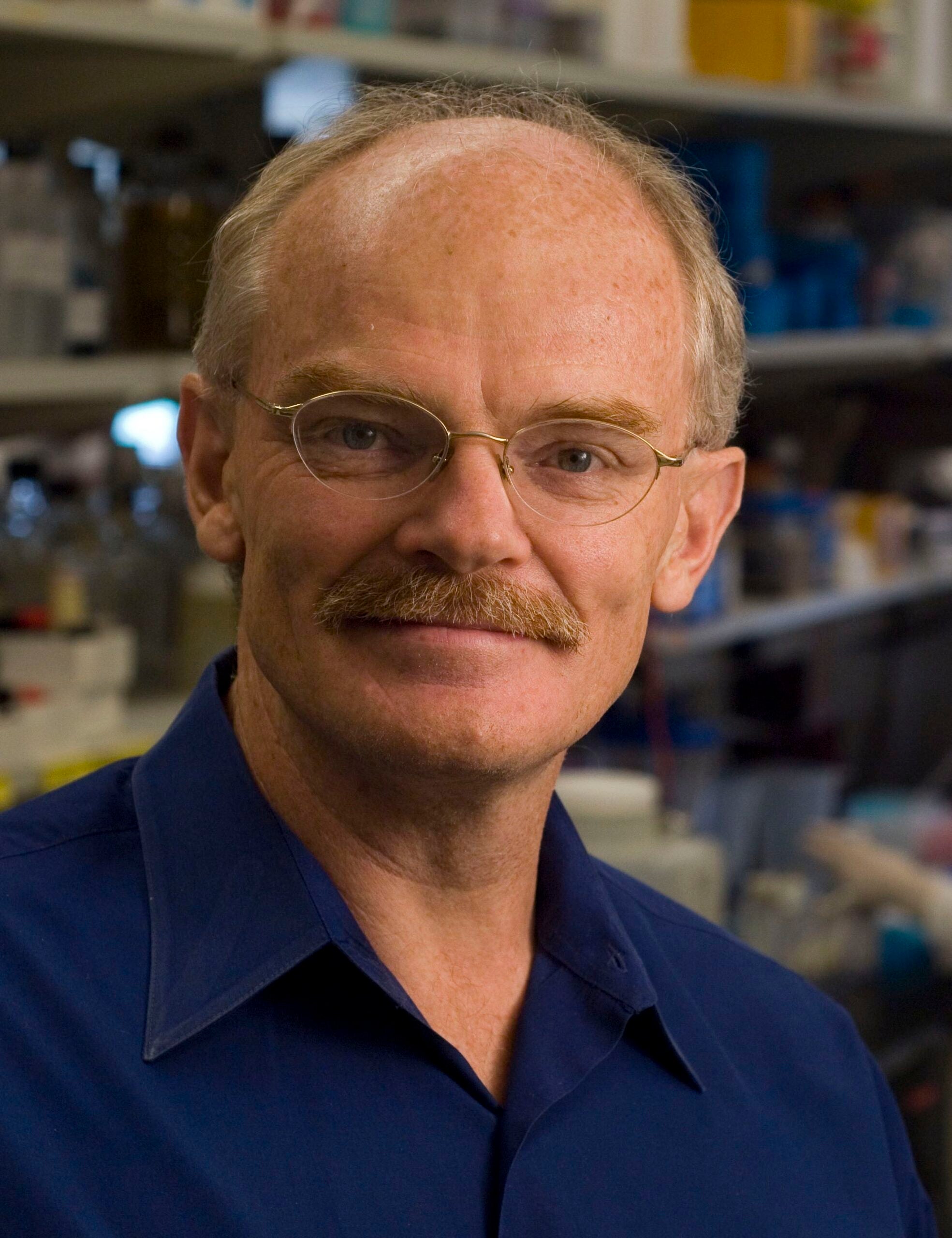About the PSTP
The Pharmacological Sciences Training Program (PSTP) at Georgetown University Medical Center is a new, interdisciplinary and integrated program that will bring together an inclusive and diverse community of doctoral candidates across Ph.D. disciplines who are dedicated to thesis research in pharmacological science. Faculty mentors in the PSTP share major research strengths in identifying drug targets within cellular signaling pathways to treat human disease. The 28 mentor and 11 preceptor faculty in the program all have a strong history of mentorship and research programs in drug development for disease treatment with >$30 million in annual research funding. Trainees in the program are drawn from Ph.D. programs in Pharmacology & Physiology, Biochemistry, Tumor Biology, and Neuroscience. Trainees will prepare for future careers in academia, pharma or biotechnology industry, or drug regulatory agencies.
Trainees will enter the program in their second year of graduate school, will be supported for their second and third years, and will have ongoing participation throughout the remainder of their degree. Trainees take a comprehensive set of core courses in pharmacological sciences, physiological/biochemical principles integral to pharmacology, and specialized electives in pharmacology relevant to their research. Recognizing the interdisciplinary nature of pharmacological sciences, students will have additional exposure to bioinformatics, molecular and cellular biology, and biostatistics that integrate pharmacology. Our courses take a wide view ranging from cellular networks to organ function to behavior and systems medicine. Training will enhance their understanding of drug mechanisms specific to their field of study and research, and enable them to characterize novel drug targets and signaling pathways in disease.
Both trainees and mentors will participate in structured mentor training. During the period of support, all trainees will have two dedicated blocks for internships: one part-time, semester-long placement will occur at Georgetown (e.g., regulatory affairs, technology commercialization); the second block will be a summer internship at a local partnering institution (biotech, government, foundations). Thus, our trainees will gain broad exposure to transferable skills across career paths while developing their research abilities.
Leadership
Participating Programs
Biochemistry and Molecular Biology


